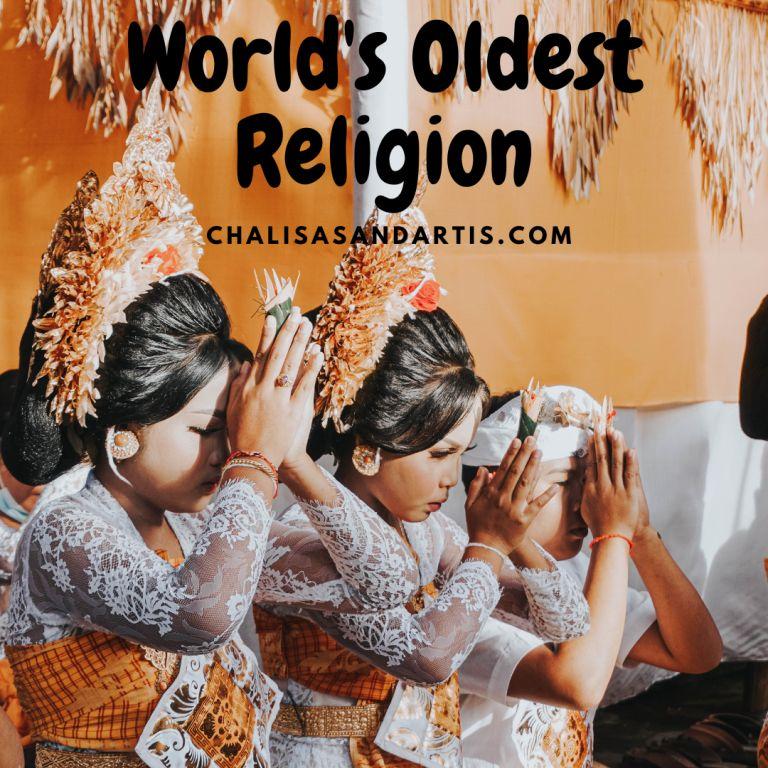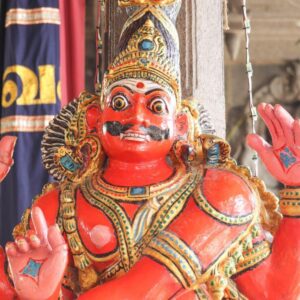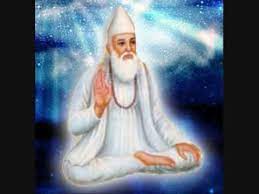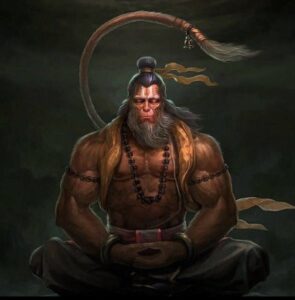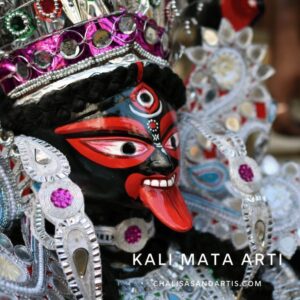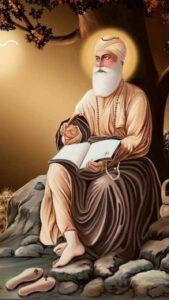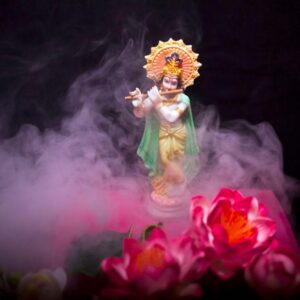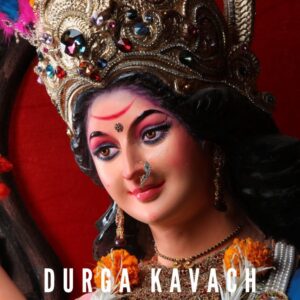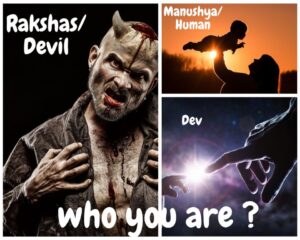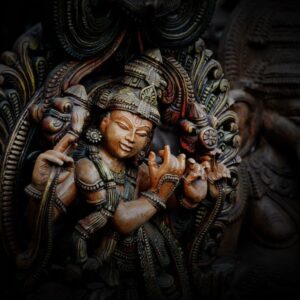Journey Through Time: Exploring the Ancient Origins and Eternal Spirituality of Hinduism
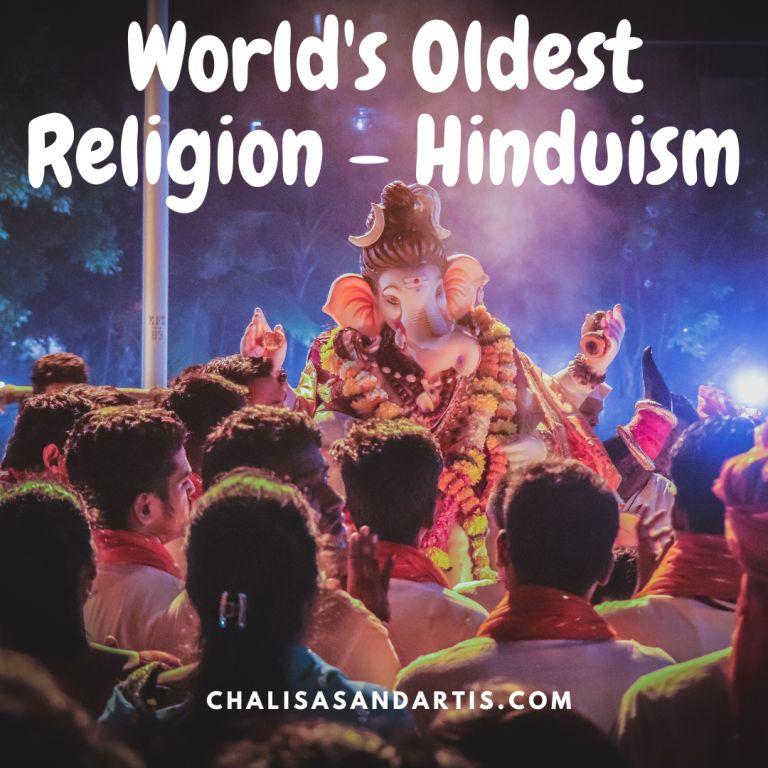
INTRODUCTION
Hinduism, the world’s oldest known religion, is a tapestry of diverse beliefs, rituals, and philosophies deeply rooted in the history and culture of ancient India. With a timeline spanning thousands of years, Hinduism has evolved into one of the most complex and influential religious traditions, embracing a multitude of practices and spiritual teachings. In this article, we embark on a journey to explore the origins, core beliefs, sacred texts, rituals, and festivals that define Hinduism, as well as its enduring impact on societies worldwide.
Ancient Origins and Historical Significance
Hinduism’s origins can be traced back to the ancient Indus Valley civilization, flourishing in present-day Pakistan and Northwestern India around 2600-1900 BCE. The Indus Valley civilization, known for its urban centers like Harappa and Mohenjo-Daro, displayed a deep reverence for nature and worshiped a variety of female fertility deities.
The Vedic period, approximately between 1500-500 BCE, witnessed the composition of the sacred texts known as the Vedas. These texts, written in the ancient language of Sanskrit, contain hymns, rituals, and chants that formed the basis of early Hindu religious practices.
Key Beliefs and Philosophies
Central to Hinduism is the belief in the eternal soul or atman, which is believed to be indestructible and reincarnates through multiple lifetimes. This cycle of birth and rebirth, governed by the law of karma, asserts that an individual’s actions and intentions in the present life determine their future destiny.
Hinduism acknowledges a vast array of deities, each representing different aspects of the divine. The Trimurti, consisting of Brahma (the creator), Vishnu (the preserver), and Shiva (the destroyer), symbolizes the cyclical nature of existence – creation, preservation, and dissolution.
The Concept of Dharma and Moksha
A fundamental concept in Hinduism is dharma, which refers to the moral and ethical duties and responsibilities that guide an individual’s life. Adhering to one’s dharma is seen as essential for a harmonious and balanced existence.
Beyond the cycle of birth and death, Hindus aspire to attain moksha, liberation from the cycle of samsara (reincarnation). This pursuit involves realizing the ultimate truth and merging one’s atman with the universal soul, known as Brahman.
Sacred Texts and Philosophical Teachings
Hinduism boasts an extensive collection of sacred texts, each serving different purposes and addressing various aspects of life and spirituality. The Vedas, divided into four main texts (Rigveda, Samaveda, Yajurveda, and Atharvaveda), are the oldest and most revered scriptures.
The Upanishads, composed around 800-200 BCE, delve into philosophical inquiries about the nature of reality, self, and the universe. These texts explore profound concepts like Brahman, atman, and the unity of all existence.
Epics and Puranas
The Mahabharata and the Ramayana, two prominent Hindu epics, narrate historical events, ethical dilemmas, and moral teachings through compelling stories and divine incarnations. The Bhagavad Gita, a significant portion of the Mahabharata, is a profound spiritual dialogue between Lord Krishna and the warrior Arjuna, addressing essential aspects of duty, righteousness, and devotion.
Rituals and Festivals
Hinduism encompasses a wide array of rituals and festivals, celebrating various deities, historical events, and seasonal changes. Daily household puja (worship) involves offering prayers to deities, while elaborate temple ceremonies involve rituals performed by priests and devotees.
Some of the major festivals include Diwali, the festival of lights, celebrating the victory of good over evil, and Navaratri, a nine-day celebration dedicated to the divine feminine.
Inclusivity and Diversity
Hinduism’s remarkable inclusivity allows followers to embrace diverse spiritual paths and belief systems. Various sects, schools of thought, and gurus coexist harmoniously, enriching the religion with diverse perspectives and interpretations.
CONCLUSION
As the world’s oldest religion, Hinduism stands as a testament to the enduring spiritual quest of humanity. Its ancient origins, profound philosophical teachings, and vibrant tapestry of rituals and festivals make it a living heritage that continues to inspire millions of devotees worldwide. Hinduism’s enduring impact on art, literature, social structures, and spirituality attests to its profound influence on human civilization, making it a unique and treasured facet of the world’s religious landscape.
